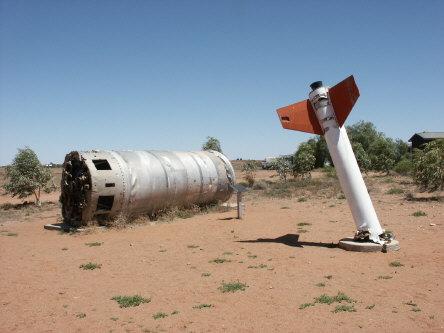I found this "ancient" computer game browsing through an old book:
Player is controlling the rocket approaching the Moon. Current height and speed are reported along with the mass of remaining fuel.
Player can specify how many fuel should be fed to engines for each next 10-seconds period.
The goal is to land the rocket with the speed not exceeding safe small value (say, 10 m/s).

The physics is obvious enough. New height and speed are reported each 10 seconds, so the height is decreased by roughly speed * 10 sec and speed is changed also according to gravity and working engines.
I liked the idea and readily converted it into exercise for my site and also added javascript "demo" to play it:
Game demo and more thorough explanations
Then I started playing the game myself... Well, it appeared tricky!!!
Sometimes I burned too much fuel before reaching the surface, the rocket lost the speed (or even started climbing up), then began free falling and crashed.
And sometimes I was too hesitant to burn the fuel in time so I crashed with tanks still containing more fuel than I could use (because burning rate is limited by 100 kg / second).
So I came to the question which I currently could not answer:
Which algorithm could help to calculate optimal burning rate settings (for a chain of 10-second periods) so that the rocket lands with safe speed and, additionally, maximum possible fuel left?











I'm not sure, but I think this is a problem in Optimal Control theory. Usually it is solved using mathematical tools for optimization, like Matlab. I'd be surprised to know that there is a regular algorithm to do this task.
Yeah, I did not mean "regular algorithm" like "some dp approach" etc.
However I'm seeking for some idea for at least iterative, non-exact approach since it does not look idea-less brute-force will do :(